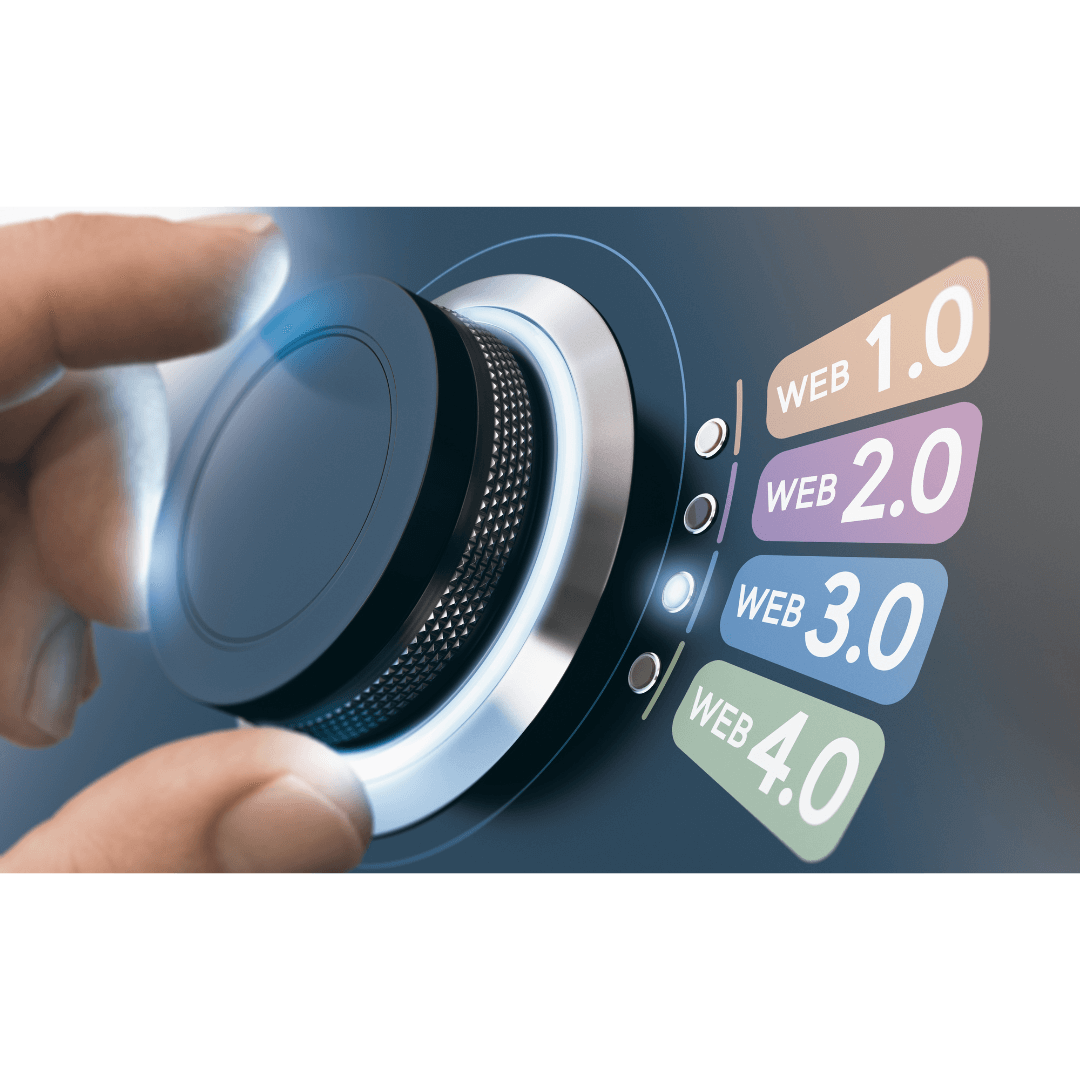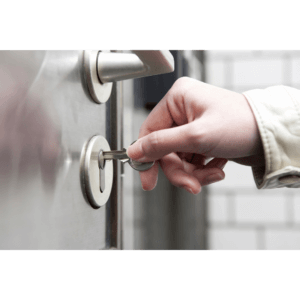Locks and locksmithing have a rich and fascinating history that spans back thousands of years. From the early days of wooden locks and keys in ancient Egypt, to the modern high-tech locks of today, locks and locksmithing have evolved significantly over time to meet the changing needs of society. In this article, we’ll take a closer look at the history and evolution of locks and locksmithing and how these technologies have helped to keep people and their belongings safe and secure throughout the centuries.
Ancient Locks and Keys
The earliest known locks were found in the ruins of the ancient city of Nineveh, located in modern-day Iraq. These locks, dating back to around 700 BCE, were made of wood and were operated using a primitive key that was inserted into the lock mechanism to release the bolt. These early locks were used to secure doors, gates, and storage containers, and were an early form of protection against theft and intrusion.
As civilizations grew and expanded, locks and keys became more sophisticated. In ancient Egypt, locks and keys were made of iron and were often decorated with intricate designs and symbols. The keys themselves were also made of iron and were designed to fit into the locks with precision, making them nearly impossible to pick or tamper with.
Medieval Locks and Keys
The Middle Ages saw the development of more advanced locks and keys, as well as the rise of professional locksmiths. During this time, locks and keys were made of brass or iron and were often decorated with intricate designs and symbols. Locks became more sophisticated, with the addition of multiple tumblers and wards, making them much more difficult to pick or tamper with.
In addition to locks, the Middle Ages also saw the development of other security devices, such as chains, bolts, and bars, which were used to reinforce doors and windows and protect against intrusion. These devices were often used in conjunction with locks, creating a layered security system that was difficult to breach.
Modern Locks and Locksmithing
The Industrial Revolution of the 19th century brought about many technological advancements that greatly impacted the locksmithing industry. Mass-production techniques allowed for the production of locks and keys on a much larger scale, making them more affordable and accessible to the general population. This also allowed for the development of more complex and sophisticated locks, such as combination locks and deadbolts.
The advent of electricity in the late 19th and early 20th centuries also had a significant impact on locks and locksmithing. Electric locks and keyless entry systems were developed, allowing for greater convenience and security. The development of computers and other technologies in the latter half of the 20th century led to even more advanced locks and security systems, including biometric locks and smart locks that use fingerprint recognition or smartphone technology to grant access.
Locksmithing Today
Today, locks and locksmithing are a vital component of our daily lives, helping to keep our homes, businesses, and personal belongings safe and secure. The locksmithing industry continues to evolve and adapt to changing technologies and security needs, offering a wide range of services and products to meet the needs of a diverse and ever-changing world.
Whether you need to replace a broken lock, install a new security system, or need emergency lockout services, a professional locksmith can provide you with the expertise and services you need to keep your property safe and secure. With the right locksmith, you can feel confident knowing that your home or business is protected against intrusion, theft, and other threats.
Conclusion
The history and evolution of locks and locksmithing is a fascinating and complex





